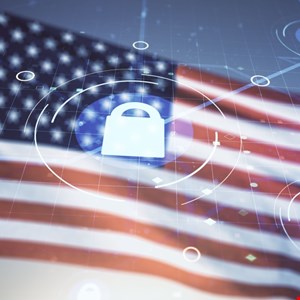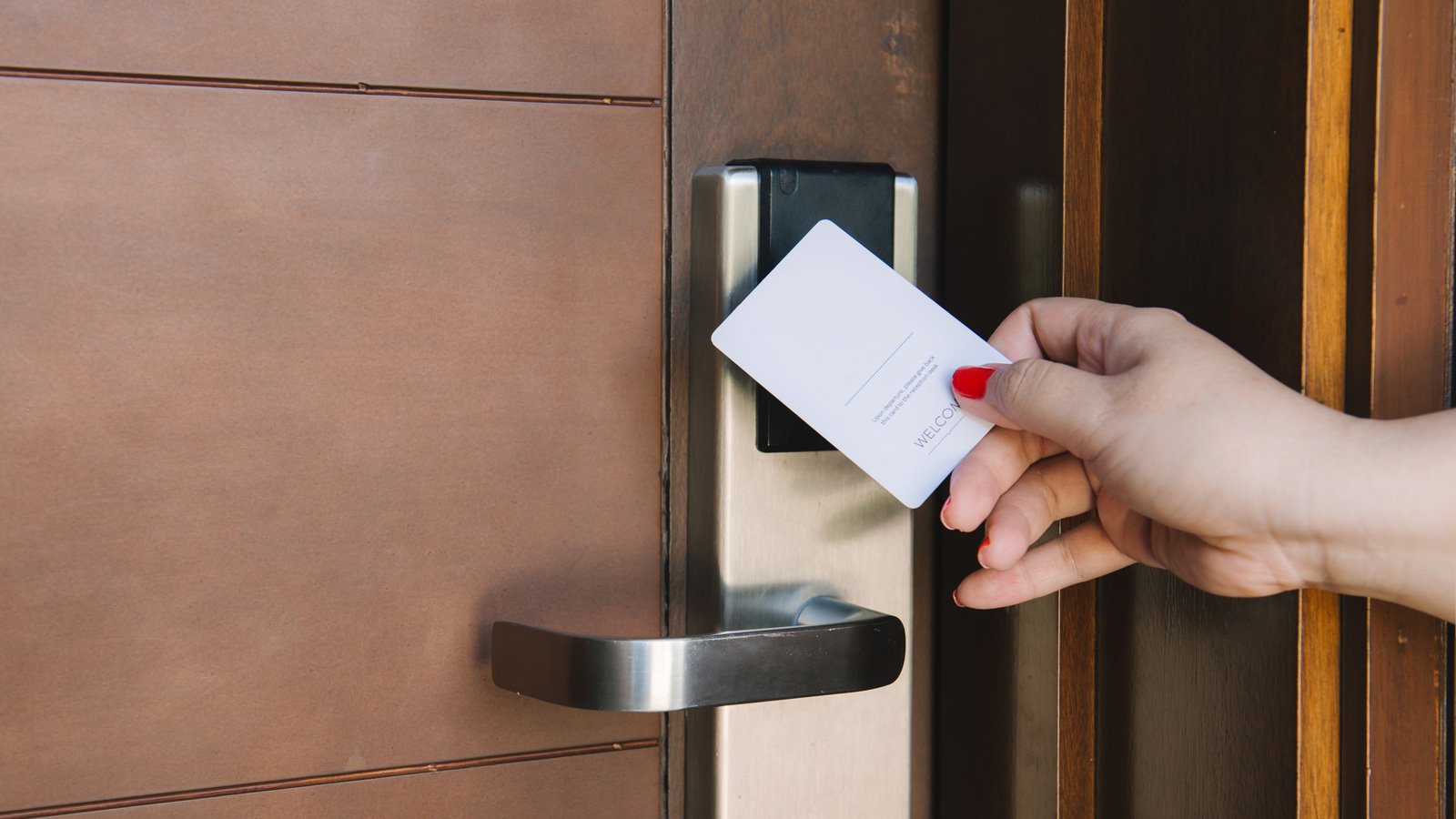In a report released March 7, the U.N. experts said they tracked the activity of “cyberthreat actors subordinate to the Reconnaissance General Bureau (RGB), including Kimsuky, the Lazarus Group, Andariel and BlueNoroff,” between 2017 and 2023.
Police in Romania and Spain have struck a blow against a sophisticated cyber-fraud gang that tricked victims out of millions of dollars through fake ads and business email compromise (BEC) scams.
The multi-stage and evasive malicious payload harvests passwords, credentials, and more dumps of valuable data from infected systems and exfiltrates them to the attacker’s infrastructure.
The campaign has been active since late February and mainly uses phishing emails that appear to come from the German Christian Democratic Union, according to a report by Mandiant.
The parent company IAG has reportedly sent out a breach notification email to affected individuals, telling them that their names, dates of birth, nationalities, ID cards, passport information, and phone numbers, have all been taken by the hackers.
High-risk vulnerabilities in operating systems across major vendors such as Microsoft, Google, Apple, and Cisco, network infrastructure, including VPNs, and enterprise software, accounted for two-thirds of all active exploits in 2023.
The data exposed in the Greensboro College data leak encompassed a broad spectrum of personal details, including names, Social Security numbers, student identification numbers, dates of birth, passport numbers, and health information.
While the company didn’t initially mention that CVE-2023-48788 was being used in attacks, it has since silently updated the advisory to say that the “vulnerability is exploited in the wild.”
The joint advisory from the CISA, the FBI, and the MS-ISAC, highlighted three main types of DDoS attacks public sector entities must be prepared for, including Volume-based attacks, Protocol-based attacks, and Application layer-based attacks.
Researchers disclosed vulnerabilities today that impact 3 million Saflok electronic RFID locks deployed in 13,000 hotels and homes worldwide, allowing the researchers to easily unlock any door in a hotel by forging a pair of keycards.









